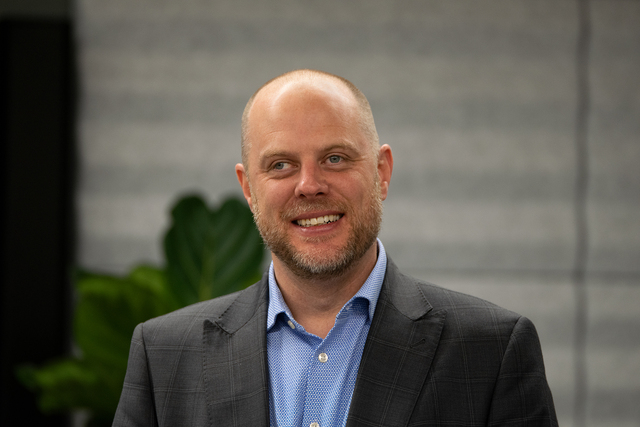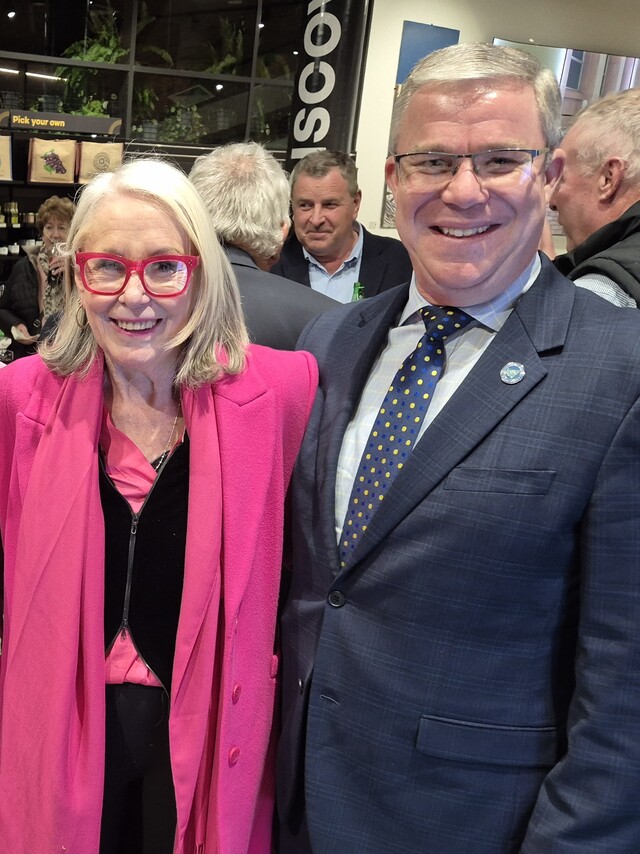The UK Experience by Malcolm Morley*
The ongoing annual efficiency savings target for councils of three per cent has just been increased to four per cent and warnings have been given that future Government financial settlements for councils will be ‘challenging’. Combined with falls in income from fees and charges, councils are between a rock and a hard place. Redundancies are already being seen across Local Government.
There is a pressure for fast action, with a focus on partnership working between public sector organisations. It has to be hoped that the reality of the demands of and time scales for effective partnership working will be fully considered.
It is easy to develop strategies. It is more difficult to make them work to deliver tangible improvements in value.
Partnership working requires a willingness and ability to partner. It takes two to tango and more to line dance!
Partnership working requires a willingness to focus on outcomes rather than current organisational imperatives, the ability to compromise on service specifications, resources to invest, new governance arrangements and new skills.
Most partnerships fail because of a clash of organisational cultures!
In a service, business value is created at the interface of the service provider and the service recipient. If service provision is to be effective it has to be responsive to the needs of individuals. This means that services have to be differentiated at the point of contact with the customer where value is created. The higher the degree of differentiation the less potential there is to reduce unit costs.
The challenge is to identify those parts of the activities of councils and other parts of the public sector that are capable of being standardised and aggregated without affecting the differentiation required at the interface with customers.
Clearly infinite differentiation is not possible but an analysis of service components from the customer’s perspective often reveals opportunities to standardise and therefore to increase efficiency.
The key is not to merely accept the norm but to constructively challenge it. This challenge is often difficult internally.
I have found that using customers and people from the private sector in council’s area to carry out the challenge to be extremely useful. Consultants are not required to do this!
Using people from outside of the council builds the capacity of the council. They are not constrained by organisational culture and power structures and are able to ask questions that many within the organisation are constrained from doing. They are also often able to suggest different ways of doing things.
The days of all councils having their own back office functions are declining fast. Increasingly partnership working will aggregate purchasing power/volume and these services will be provided either by a lead public sector organisation or the private sector.
It is likely that the initial customer interface will be in the form of a multipublic sector organisational triage, with people signposted to the appropriate organisation if the query cannot be dealt with at that first point of contact.
More attention will be placed on both reducing the total public sector expenditure and on liberating resources from back office activities to invest in differentiated front line services.
Anyone for dancing?
*Malcolm Morley is Chief Executive of Harlow District Council and can
be contacted via the Editor,
email info@lgfocus.com.au
The views expressed in this article are not necessarily those of his employer.







